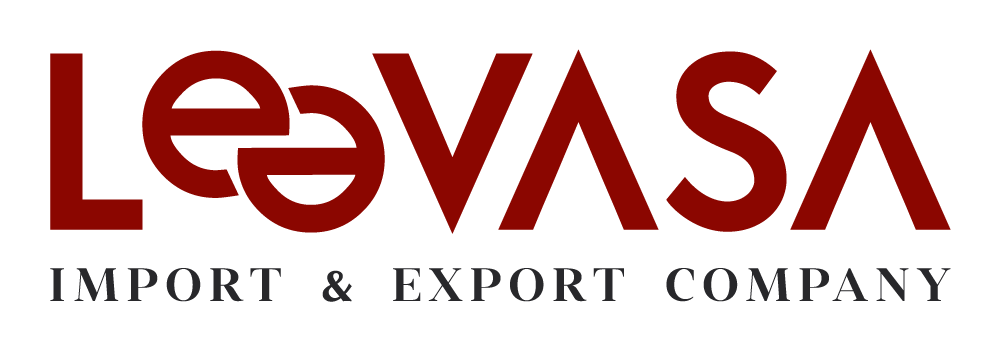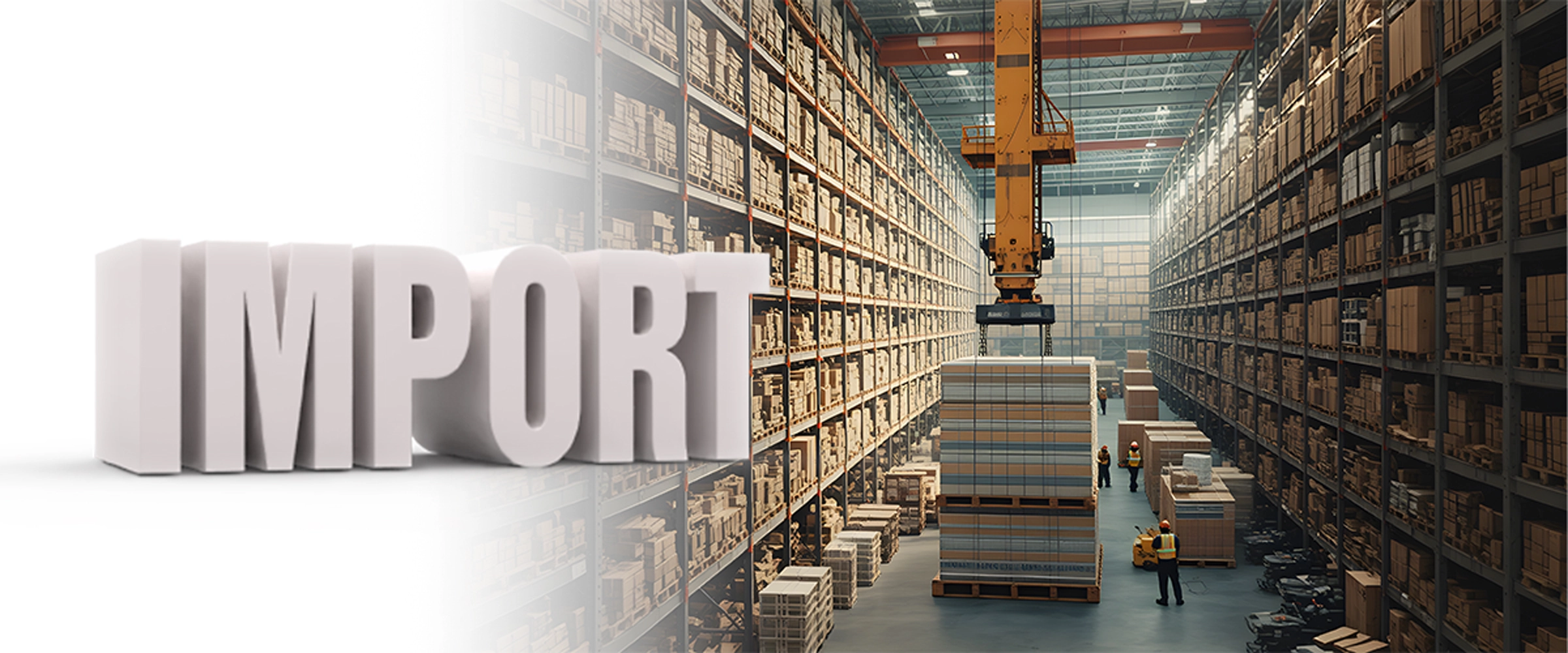Introduction
Turkey, as one of the largest emerging economies, plays a crucial role in international trade. Due to its unique geographical location, serving as a bridge between Asia, Europe, and the Middle East, Turkey has long been a major hub for global commerce. Its diverse trade policies, advanced infrastructure, and skilled workforce have made it one of the key players in imports and exports.
Turkey’s Imports
Turkey imports a wide range of goods and raw materials used in various industries. As a rapidly growing industrial economy, the country has a high demand for essential goods and advanced equipment. The most important imported goods include:
- Machinery and Industrial Equipment: To meet the needs of its manufacturing and industrial sectors, Turkey imports a significant amount of advanced machinery, mainly from European countries, China, and the United States.
- Petroleum and Natural Gas Products: As an energy-dependent country, Turkey imports a large portion of its oil and natural gas from Russia, Iran, Iraq, and Azerbaijan.
- Automobiles and Spare Parts: In addition to domestic vehicle production, Turkey imports a significant number of foreign cars and spare parts to support its automotive industry.
- Chemical and Plastic Raw Materials: Turkey’s manufacturing industries, including textiles, petrochemicals, and packaging, require a high volume of imported chemical raw materials, which are mainly sourced from Germany, China, and other industrial countries.
- Agricultural and Food Products: Despite its extensive domestic agricultural production, Turkey imports certain agricultural and food products such as oilseeds, sugar, and coffee to diversify its market and meet specific consumer needs.
- Electronics and Technology Products: Turkey is a major importer of smartphones, laptops, telecommunications equipment, and other electronic products, primarily from China, South Korea, and the United States.
Turkey’s Import Regulations and Policies
Recognizing the significance of international trade, Turkey has implemented supportive policies and special incentives to facilitate imports. These policies make Turkey an attractive and reliable market for investors and international suppliers. Key import policies include:
- Balanced Customs Tariffs: Turkey adjusts its customs tariffs to protect domestic production while remaining attractive to foreign suppliers.
- Advanced Quality and Health Standards: Compliance with international standards ensures the quality of imported products and paves the way for long-term cooperation with foreign partners.
- Incentives and Customs Facilitation: Special incentives are offered for certain products, such as industrial machinery and raw materials, to streamline the import process.
- Trade Agreements: Turkey has signed trade agreements with many countries, reducing tariffs and facilitating import procedures.
All these factors have positioned Turkey as one of the best destinations for investment and sourcing industrial supplies.
Turkey’s Exports
Turkey’s exports are a cornerstone of its economic growth. By leveraging its industrial, agricultural, and manufacturing capacities, Turkey has secured a strong position in international markets. The country’s key export products include:
- Textiles and Apparel: Turkey is one of the world’s largest exporters of textiles and garments, shipping its products to European countries, the U.S., and the Middle East.
- Agricultural and Food Products: As a leading producer of olives, hazelnuts, grapes, citrus fruits, and other agricultural goods, Turkey dedicates a substantial portion of its exports to this sector.
- Automobiles and Spare Parts: Turkey has an advanced automotive industry, exporting its products to over 100 countries.
- Chemical and Petrochemical Products: The production of chemicals and petrochemicals in Turkey is expanding, with increasing exports to European and Asian countries.
- Metal and Steel Products: Turkey is a prominent steel and metal producer, exporting these products to global markets.
- Home Appliances and Electronics: Renowned Turkish brands in home appliances and electronics have achieved significant success in export markets.
Turkey’s Export Incentives and Opportunities
The Turkish government has implemented various supportive policies to boost exports, including:
- Free Trade Agreements, which reduce tariffs and facilitate the entry of Turkish goods into international markets.
- Financial Support and Export Incentives, enhancing the global competitiveness of Turkish companies.
- Advanced Transportation Infrastructure, enabling fast and cost-effective shipment of goods.
- High-Quality Domestic Production, establishing Turkey as a trusted supplier in international trade.
Reasons for Turkey’s Success in Global Trade
- Strategic Location: Situated at the intersection of Europe, Asia, and the Middle East, Turkey is one of the best countries for international trade.
- Extensive Trade Agreements: The country has strong trade agreements with the EU, Asian nations, and the Middle East, facilitating Turkish exports.
- Modern and Efficient Infrastructure: Turkey’s ports, airports, and transportation networks play a vital role in global commerce.
- High-Standard Production: Compliance with international quality standards ensures the competitiveness of Turkish products.
- Government Export Incentives: Turkey’s trade policies create a favorable environment for international business and trade cooperation.
Conclusion
As a key hub in global trade, Turkey offers exceptional opportunities for investors and foreign suppliers. Its strong policies and advanced infrastructure have made the country one of the best destinations for both imports and exports. With increased trade cooperation and the utilization of existing capacities, Turkey can further strengthen its position in international commerce.



